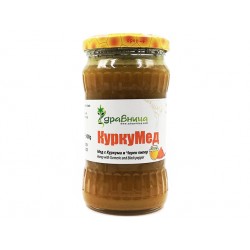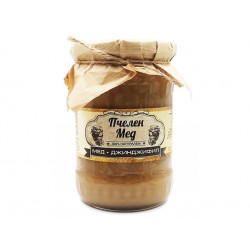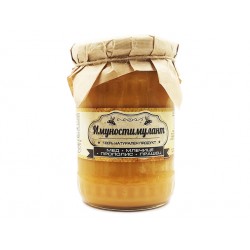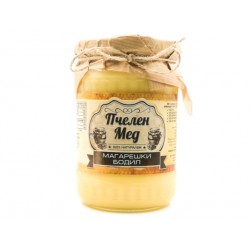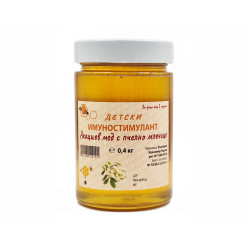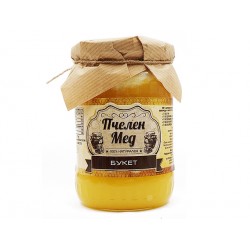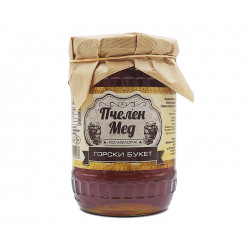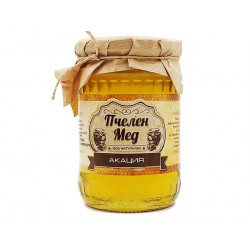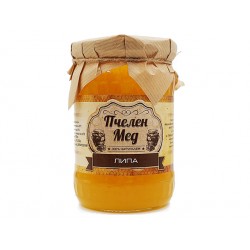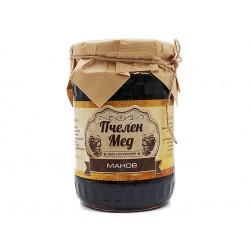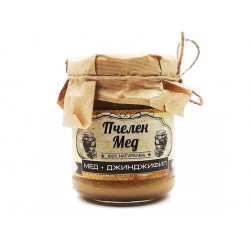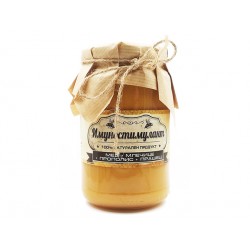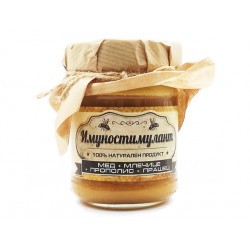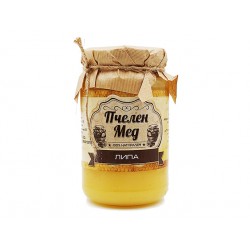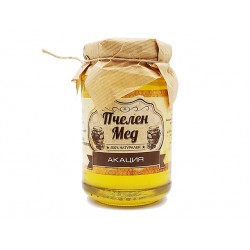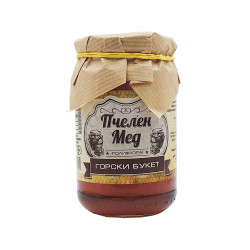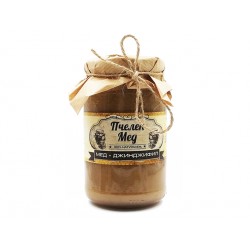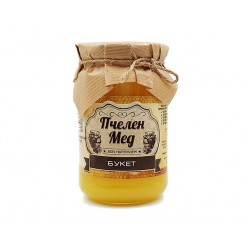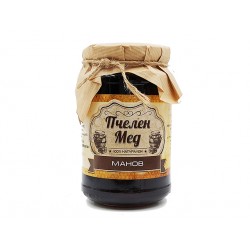The type of honey can be determined by its color, aroma and taste. Some types of honey are even completely colorless, transparent like water.
Light honey refers to the best. But there is also evidence that dark-colored honey contains more mineral salts, mainly iron, manganese, and is therefore more valuable for health than light honey.
Some types of honey are characterized by an extremely pleasant, delicate aroma - citrus, acacia, linden honey.
Tobacco honey e.g. has an unpleasant smell.
Acacia honey is transparent in color, and after candiing it turns white.
Fir tree honey is darker in color - from dark yellow with a reddish tint to dark brown, it is distinguished by a peculiar aroma and a specific taste. Fir tree honey "tickles" the throat, beekeepers note. It is recommended for anemia.
Linden honey is very aromatic, transparent, with a light yellow or greenish color. It is used primarily for colds and as an expectorant added to tea.
Raspberry honey has a delicate taste, it seems to melt in the mouth. It is light white in color and has a very pleasant aroma.
Apple honey is light yellow, with an extremely pleasant aroma and gentle sweetness.
Ginseng honey has a pleasant taste and delicate aroma, and is a kind of wax-honey gum. When there is none, it is recommended to use ginseng with honey.
Much has been written about the benefits of honey. It is interesting that the amount of some mineral salts in honey is almost the same as their content in human blood serum. The antibacterial properties of real honey are also of great importance.
Interestingly, unlike many food products, honey never goes moldy.
Honey - food for the pharaohs
According to paleontological and archeological studies, bee honey existed 56 million years before the appearance of primitive man.
The oldest ancient monument of man-made honey is in Valencia, Spain and dates back to the Stone Age. Even then, honey was a tasty and nutritious product. Evidence was also found in the Egyptian pyramids that the product was also used as a healing agent.
The oldest papyrus, written about 3,500 years ago, states that honey is good to take as a medicine for wounds, and also "to induce urination" and as a "stomach reliever." It was also used for compresses. There are reports of healing wounds with honey in ancient Egypt. It is also assumed that honey was used for embalming corpses.
Collecting honey from wild bees is an ancient Slavic custom. In hollows that were hollowed out in old thick trees, they were left for beehives or used for honey stores. However, the craft of collecting honey from wild bees was difficult.
The ancient Greeks thought that the gods were immortal because they ate ambrosia, which included honey as an ingredient. For the fighters, they prepared a honey drink known as kikeon.
Pythagoras claimed that he lived to the glorious age of 90 only because he constantly ate honey.
Another prominent philosopher of antiquity - Democritus claimed that a person should anoint his insides with honey, and his skin with oils.
The father of medicine - Hippocrates explained that honey taken with other food is very useful and gives a nice color to the face.
Aristotle also notes that honey has some special properties that strengthen health and prolong a person's life.
Avicenna recommended honey with walnuts for people over 45 years of age.
Poisonous or "drunk" honey
In antiquity, numerous cases are known when soldiers ate honey and then suffered from severe dizziness and vomiting, which incapacitated them. The reason was that the bees collected honey from some poisonous plants such as rhododendron, azalea, aconite, etc.
This poisonous honey was also called "drunken" because after eating it, a person got dizzy, convulsed, vomited and looked like a drunk.
At the same time, it was reported that honey obtained from other poisonous plants - sycamore, foxglove, zokum, hemlock, etc., was harmless to humans.
Where to buy quality Bulgarian honey?
Pure, quality honey and bee products can be found in "Zdravnitza".
You can place your order online. We deliver our products to products in Bulgaria, Europe, USA, Canada, Australia, Israel and Thailand.
Bulgarian honey can buy on local stores of "Zdravnitza".
Health store "Zdravnitza"
1000 Sofia, Bulgaria
23 Neofit Rilski str.
Health store "Zdravnitza"
1303 Sofia, Bulgaria
74 Odrin str.





